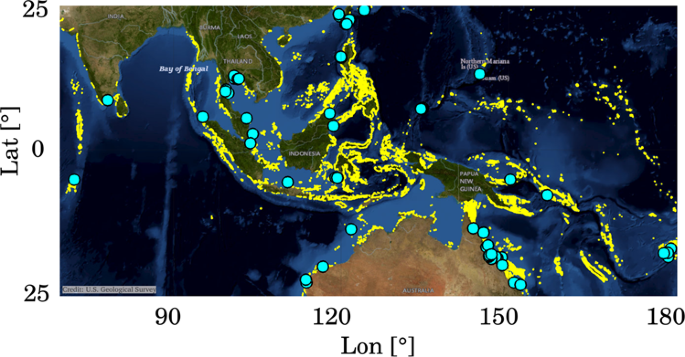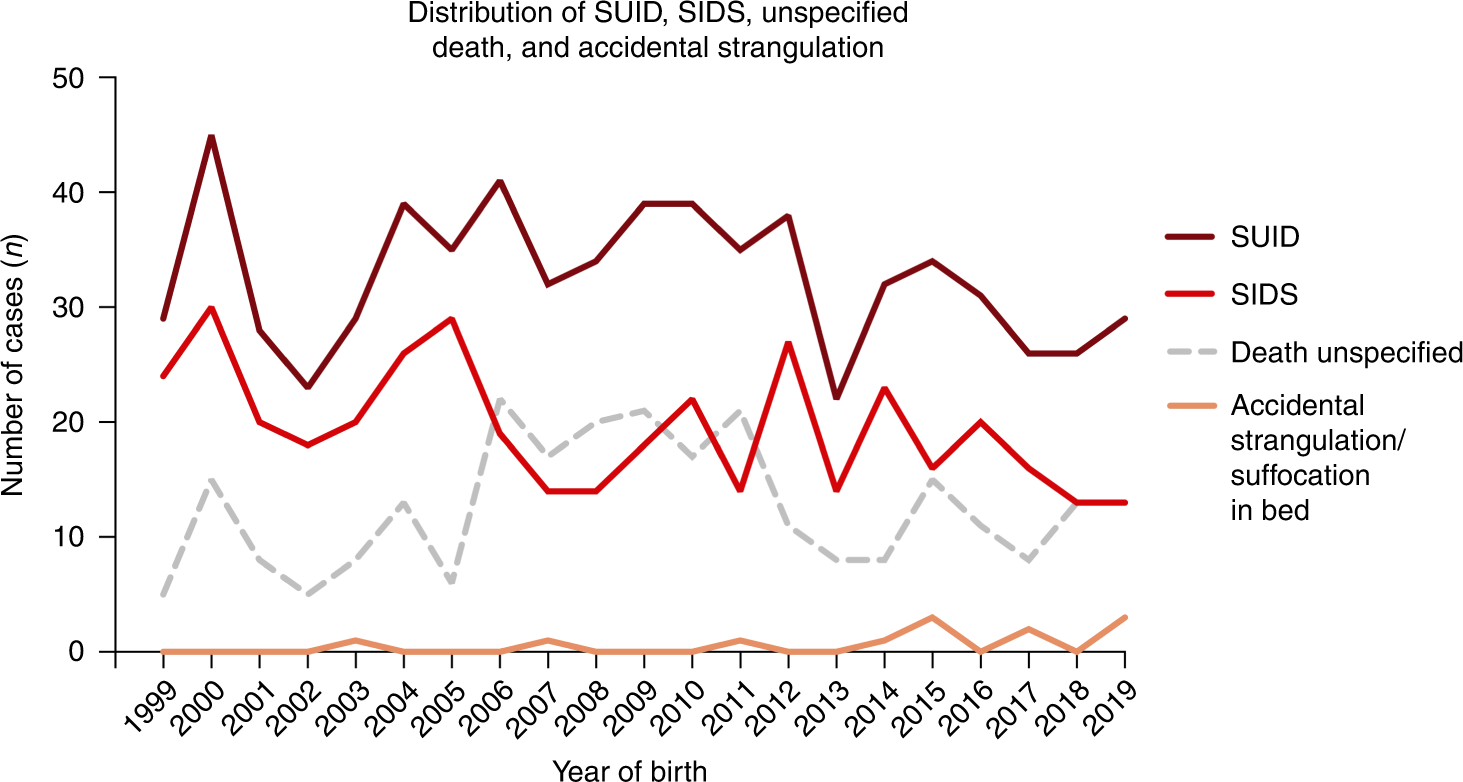免疫力が低下している人がCovid-19で入院した場合、免疫力が正常な患者よりも死亡する可能性が高いことが、新しい研究で明らかになった。 People with weakened immune systems remain more likely to die if hospitalised with Covid-19 than patients with normal immune systems, according to a new study.
2023-02-09 エディンバラ大学
◆この研究は、本疾患の入院患者に関する世界最大規模の研究の一環として、2020年1月から2022年2月にかけて英国の成人病院患者15万人以上のデータを分析したものです。
◆エジンバラ大学、リバプール大学、バーミンガム大学の研究者を含む研究チームは、免疫不全患者全体では、正常な免疫系の患者と比べて入院中の死亡リスクが44%高いことを示しました。
◆この2つのグループの差は、年齢、性別、他の慢性疾患の有無など、他の重要な要因を考慮しても変わりませんでした。
◆「COVID-19で入院したすべての患者の死亡リスクは、パンデミック期間中に低下しました。しかし、がんや免疫抑制剤などで免疫系が低下している患者さんのリスクは低下していました。このような患者さんは、生存率と生活の質を向上させるために、私たちが介入すべき高リスクのグループであることに変わりはありません。
(アンネマリー・ドカティ博士 エジンバラ大学救命救急センターコンサルタント)
<関連情報>
- https://www.ed.ac.uk/news/2023/covid-19-death-risk-still-high-for-some-patients
- https://journals.plos.org/plosmedicine/article?id=10.1371/journal.pmed.1004086#abstract0
入院中の免疫不全患者におけるCOVID-19の転帰:WHO ISARIC CCP-UK プロスペクティブ・コホート研究の解析 Outcome of COVID-19 in hospitalised immunocompromised patients: An analysis of the WHO ISARIC CCP-UK prospective cohort study
Lance Turtle,Mathew Thorpe,Thomas M. Drake,Maaike Swets,Carlo Palmieri,Clark D. Russell,Antonia Ho,Stephen Aston,Daniel G. Wootton,Alex Richter,Thushan I. de Silva,Hayley E. Hardwick,Gary Leeming,Andy Law,Peter J. M. Openshaw,Ewen M. Harrison, ISARIC4C investigators,J. Kenneth Baillie,Malcolm G. Semple,Annemarie B. Docherty
PLOS Medicine Published: January 31, 2023
DOI:https://doi.org/10.1371/journal.pmed.1004086
Abstract
Background
Immunocompromised patients may be at higher risk of mortality if hospitalised with Coronavirus Disease 2019 (COVID-19) compared with immunocompetent patients. However, previous studies have been contradictory. We aimed to determine whether immunocompromised patients were at greater risk of in-hospital death and how this risk changed over the pandemic.
Methods and findings
We included patients > = 19 years with symptomatic community-acquired COVID-19 recruited to the ISARIC WHO Clinical Characterisation Protocol UK prospective cohort study. We defined immunocompromise as immunosuppressant medication preadmission, cancer treatment, organ transplant, HIV, or congenital immunodeficiency. We used logistic regression to compare the risk of death in both groups, adjusting for age, sex, deprivation, ethnicity, vaccination, and comorbidities. We used Bayesian logistic regression to explore mortality over time. Between 17 January 2020 and 28 February 2022, we recruited 156,552 eligible patients, of whom 21,954 (14%) were immunocompromised. Approximately 29% (n = 6,499) of immunocompromised and 21% (n = 28,608) of immunocompetent patients died in hospital. The odds of in-hospital mortality were elevated for immunocompromised patients (adjusted OR 1.44, 95% CI [1.39, 1.50], p < 0.001). Not all immunocompromising conditions had the same risk, for example, patients on active cancer treatment were less likely to have their care escalated to intensive care (adjusted OR 0.77, 95% CI [0.7, 0.85], p < 0.001) or ventilation (adjusted OR 0.65, 95% CI [0.56, 0.76], p < 0.001). However, cancer patients were more likely to die (adjusted OR 2.0, 95% CI [1.87, 2.15], p < 0.001). Analyses were adjusted for age, sex, socioeconomic deprivation, comorbidities, and vaccination status. As the pandemic progressed, in-hospital mortality reduced more slowly for immunocompromised patients than for immunocompetent patients. This was particularly evident with increasing age: the probability of the reduction in hospital mortality being less for immunocompromised patients aged 50 to 69 years was 88% for men and 83% for women, and for those >80 years was 99% for men and 98% for women. The study is limited by a lack of detailed drug data prior to admission, including steroid doses, meaning that we may have incorrectly categorised some immunocompromised patients as immunocompetent.
Conclusions
Immunocompromised patients remain at elevated risk of death from COVID-19. Targeted measures such as additional vaccine doses, monoclonal antibodies, and nonpharmaceutical preventive interventions should be continually encouraged for this patient group.
Trial registration
ISRCTN 66726260.
Author summary
Why was this study done?
- Throughout the Coronavirus Disease 2019 (COVID-19) pandemic, mortality has been much higher in certain groups of patients. Older people and those with underlying medical conditions have been at greater risk of death.
- Over time, with improvements in medical care and especially vaccination, mortality from COVID-19 has reduced dramatically.
- Patients with a weakened immune system are also at higher risk from COVID-19. It is not clear whether there is an increased risk of needing admission to hospital, or whether once immunocompromised patients are in hospital their risk of death is also increased, compared with immunocompetent patients.
What did the researchers do and find?
- We sought to determine whether the risk of death was higher in immunocompromised patients after admission to hospital, using the WHO International Severe Acute Respiratory and emerging Infection Consortium (ISARIC) Clinical Characterisation Protocol (CCP) UK dataset, a prospective observational cohort study of hospitalised patients in the United Kingdom.
- Our analysis showed that patients who are immunocompromised have a higher risk of death in hospital than patients with intact immune systems. This difference remained even accounting for other important factors such as age, sex, and the presence of chronic conditions.
- Over the course of the pandemic, although the risk of death for all patients has decreased, the risk has decreased much more for immunocompetent patients and the gap has widened for immunocompromised patients.
What do these findings mean?
- Immunocompromised patients remain at increased risk of death compared with other patients admitted with symptomatic COVID-19.
- Clinicians and policy makers should be aware of the increased risk of death in this patient group.
- Targeted interventions such as antiviral treatments, antibodies, and nonpharmaceutical interventions should continue to be used in this patient group.


